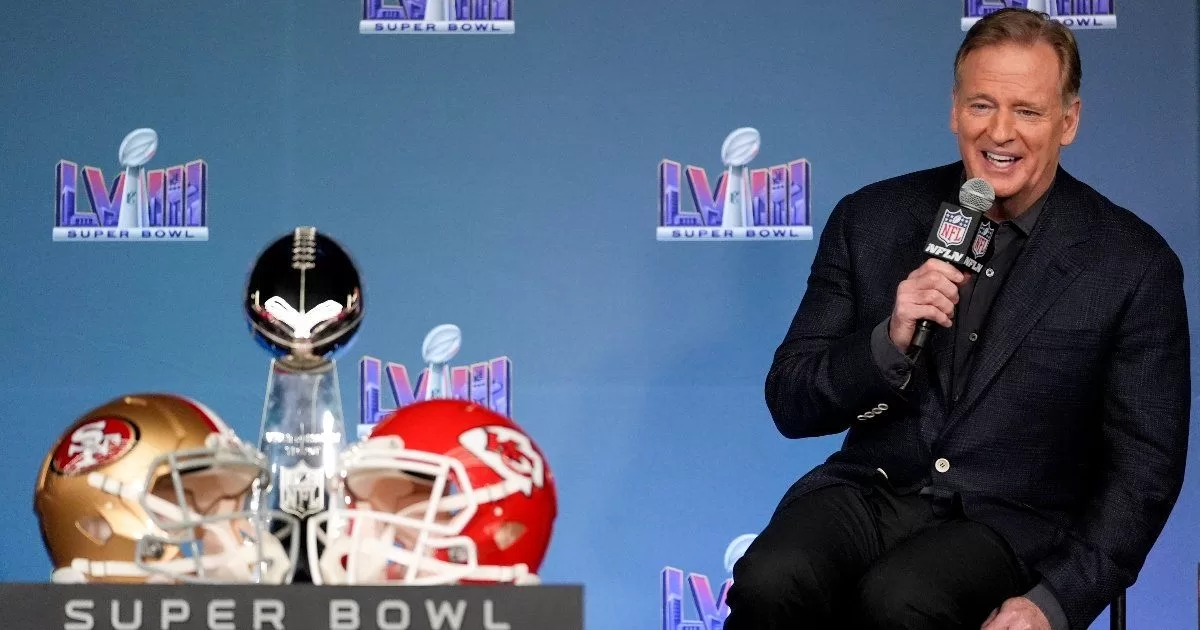A Franco-German report proposes four overlapping circles, from an inner core to the new European Political Community.
European CouncilPhoto: Martin Bertrand / Alamy / Alamy / Profimedia
“The international order is changing (and) the EU must change with it.” That’s the statement made by Spanish Prime Minister Pedro Sánchez this summer, when Madrid took over the rotating presidency of the EU, and it sums up very well the new almost full consensus in Europe. A decade in which the EU desperately tried to avoid disintegration gave way in dramatic fashion to the political imperative to integrate internally with a view to expanding externally – primarily with Ukraine.
That change got a big boost last week thanks to a Franco-German panel of 12 experts tasked with looking into how the EU should be reformed ahead of any enlargement. Even if the report does not represent the formal position of France or Germany, the document has enough official support to be discussed in the debates between EU leaders. At the same time, he managed to strike a balance between radical and feasible measures, good enough to launch serious discussions.
The “Group of 12” was clearly faced with an unavoidable dilemma and an inconvenient truth. The dilemma is that while there is broad consensus that enlargement requires reform of the EU, there is little consensus on what reforms are needed. And the inconvenient truth is that, even without further enlargement, the bloc’s functionality needs urgent improvement – both to make the decision-making process more efficient and to restore the universal application of the rule of law and the EU’s founding values.
The group concludes – and is certainly right – that ambitious reforms must be combined with a definitive acceptance of multi-speed Europe. He proposes a Europe with four concentric circles – an inner core; the EU itself; “associate members” (primarily meaning participants in the single market); and the new European Political Community, with its looser ties. (“Overlapping” would be a more appropriate term than “concentric”, since there are already groups of states that pursue deep integration in only one area – for example, there are non-EU states in the Schengen area.)
As for the reforms, they presuppose some major transformations, even just one of which would change European political life. The report proposes that both the EU and the candidates commit to being ready for enlargement by 2030.
The report proposes streamlining the EU’s decision-making process, in particular through more common spending and more areas where decisions can be made by qualified majority voting – ideal for all decisions affecting the whole of the EU, with the exception of constitutional ones but including fiscal matters. The report proposes increasing the EU budget. The report proposes a strong anti-corruption office, able to monitor the EU institutions themselves. And the report proposes to make it easier to suspend funds and voting rights in case of violation of the rule of law.
Many of them are not new ideas, but the current context gives them new relevance. The proposal for “coalitions of the willing” to administer new joint spending decided by qualified majority voting – subdivisions of the EU budget – is particularly promising when the need to transform everything from supply chains to energy suppliers, it’s pressing.
Another thing that is not new is that some countries will never accept these ideas. So the report also proposes some sweeteners, such as the possibility to opt out of deeper integration; “guarantees” of sovereignty where strong national interests act; and a “chamber” where the EU and state supreme courts can debate their differences over EU law and the tensions between it and national constitutions. The group betrays its ecumenical tone at this point: Polish Prime Minister Mateusz Morawiecki made exactly the same proposal two years ago.
Is it enough to find a way forward – at least for a pioneering core? Skeptics will say no: most changes will require the approval of both Hungary and Poland. But two years ago both accepted the new rule of law funding conditionality, which was predictably going to be used against them. But the power of those who hold the money is great: if the states that pay most of the bills think that the reforms are opportune, it is difficult to have a separate opinion.
The report also contains two errors, an omission and a harmful addition. The group missed the opportunity to see differentiated integration as a geopolitical tool for attracting more countries to the EU’s orbit, except for a single case in which it is stated that African states could receive “guest status” at the European Political Community.
The harmful surplus is much more serious. The group believes that “countries with lasting military conflicts cannot join the EU (…) the accession of countries with disputed territories with a (non-EU country) will have to include a clause such that those territories will only be able to join the EU if the inhabitants they will be willing to do it”. Applied to Moldova and Ukraine – whose suffering, let’s not forget, is at the origin of this whole new push for reform – the provision reiterates the Kremlin dictator’s position and gives Russia a de facto veto over their accession. It’s a slap in the face to the old dream of a “whole and free Europe”.
This idea should no doubt be ignored by EU leaders when they meet in Granada in a few weeks. On the other hand, they would do well to discuss all other ideas. (Article by Martin Sandbu)
Material produced with the support of Rador Radio Romania


